PLOT: The story of Marie-Laure, a blind French girl and her father, Daniel LeBlanc, who flee German-occupied Paris with a legendary diamond to keep it from falling into the hands of the Nazis. Relentlessly pursued by a cruel Gestapo officer who seeks to possess the stone for his own selfish means, Marie-Laure and Daniel soon find refuge in St. Malo, where they take up residence with a reclusive uncle who transmits clandestine radio broadcasts as part of the resistance. Yet here in this once-idyllic seaside city, Marie-Laure’s path also collides inexorably with the unlikeliest of kindred spirits: Werner, a brilliant teenager enlisted by Hitler’s regime to track down illegal broadcasts, who instead shares a secret connection to Marie-Laure as well as her faith in humanity and the possibility of hope.
REVIEW: Anthony Doerr’s acclaimed novel won the Pulitzer Prize in 2015, one year after Donna Tartt’s The Goldfinch. Tartt’s beloved and acclaimed novel was adapted into a feature film, which was universally maligned as missing the core of what made the book so good. All The Light We Cannot See suffers a similar fate as it becomes a four-part limited series from Netflix and director Shawn Levy. While stacked with a talented cast, including Mark Ruffalo and Hugh Laurie, along with a breakout debut performance from Aria Mia Loberti, All The Light We Cannot See fails to capture the deeper elements of the source material. Instead of a layered character study, we get a melodramatic drama that ventures too often into cliches rather than telling a genuine story about perseverance during the most challenging eras in human history. A big-budget marquee production, All The Light We Cannot See is exactly the type of production that would have been considered Oscar bait had it been made for the big screen. Still, it will likely garner a big audience poised to binge a story about triumph during the darkest times.
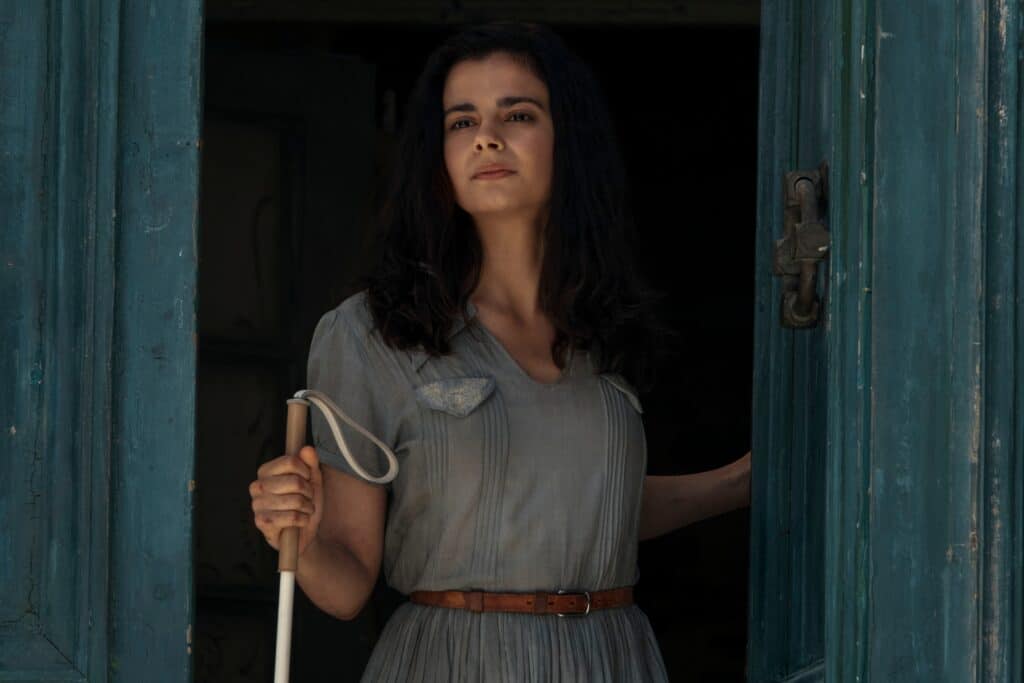
Anthony Doerr’s novel, clocking in at over five hundred pages, is a sprawling tale that unfolds non-linearly. All The Light We Cannot See is less a war movie than a movie set during a war. World War II has provided the backdrop for countless movies and series, but few productions have been set in the French city of Saint-Malo. Set in the years leading up to the August 1944 Battle of Saint-Malo, Netflix spared no expense in having Shawn Levy film on location in the city and Budapest and other locales in France. The production values alone are worth seeing in this ambitious production, which elevates Levy’s direction in every way. However, production values are insufficient to rescue All The Light We Cannot See from itself. Ambition is one thing, but much more is needed to make a series worth watching. That is where the cast is an important factor. The two leads, newcomer Aria Mia Loberti and Louis Hoffman are excellent in their roles as Marie and Werner. Both young actors command the screen in their scenes despite spending virtually no time together. The rest of the cast is hit or miss, which is a shame considering the talent involved.
The biggest problem with this production is Mark Ruffalo. The great actor, who appeared in Shawn Levy’s The Adam Project, does solid work as Marie’s father, Daniel LeBlanc, but undermines his touching performance with what I am sure will go down in history as one of the worst British accents ever. Ruffalo is a fantastic actor but feels miscast in a much smaller role than the trailers indicate. At the same time, Hugh Laurie is great as Etienne, a shell-shocked World War I veteran, and Marion Bailey is good as Madame Manec, Etienne’s sister. On the other side, Lars Eidinger fails to bring menace as the Nazi villain Reinhold von Rumpel, the man searching for a stolen gemstone known as the Sea of Flames. Throughout the four-episode series, Eidinger grows increasingly unhinged, indicated by his severe haircut flailing into his eyes. When the best you can do with your Nazi bad guy is to give him scary hair, you know you may be in trouble. As the four episodes unfold, we are meant to invest in the cat-or-mouse game between von Rumpel and Marie, whose radio operation is dangerous to Nazi control of Saint-Malo but also the key to von Rumpel finding the Sea of Flames. In the novel, the connection between Werner’s story and Marie’s is far more intricate, but here, it is reduced to filler to stretch this story over twice the necessary running time.
Each of the four hour-long episodes comprising All The Light We Cannot See shifts from the August 1944 devastation of Saint-Malo to the formative years of Marie and Werner’s childhoods. By anchoring the film in the tumultuous battle, the flashbacks add to the motivation for the characters as they collide in the contemporary scenes. But splitting the series into four chapters gives each episode a cliffhanger ending. These endings are quickly resolved at the start of the next episode, undermining the dramatic momentum and alienating the viewer. The cliffhangers at the end of the second and third episodes are so blatant that you feel cheated as an audience when they are retracted at the beginning of the next episode. There is a feeling consistently across the entire series that something is missing beneath the glossy facade of All The Light We Cannot See, which turns out to be any depth to the characters. Despite talented actors and an intriguing premise, this series is nothing more than a superficial take on the novel.
There are also dramatic changes from the source material. Those who have read the novel will be surprised to find how much this story deviates from the novel. Not only does the series completely excise certain characters, but the fates of characters are completely different than in the novel, with an ending that feels completely anticlimactic. Writer Steven Knight, best known for creating Peaky Blinders and writing the film Eastern Promises, may seem like an odd choice for this inspirational drama with romantic undertones, and it shows. Knight’s grasp of the time period has been used to great effect in his series SAS Rogue Heroes, but he does not seem to understand what made Doerr’s novel so good. Equally misguided is director Shawn Levy, who has never directed a film of this type before. Levy’s work on the Night at the Museum franchise, Real Steel, Free Guy, and the upcoming Deadpool 3 are in multiple genres but are also rooted in a level of comedy, which is very little of in this film. To his credit, Levy’s visual framing in this film is sumptuous and beautiful, but he does not seem to understand how to balance the gravitas of the drama in this story with the performances. It is very disjointed and, at times, hard to watch.
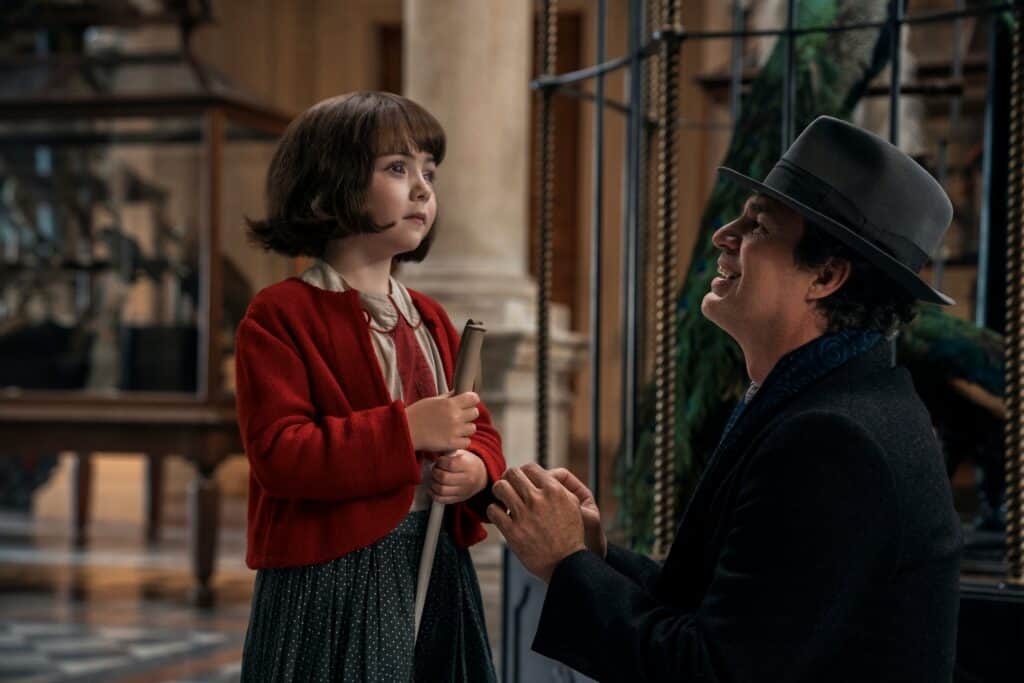
All The Light We Cannot See feels like it was adapted by someone who read a summary of the novel rather than the entire book. Visually impressive but tonally deaf, Shawn Levy and Steven Knight fail to delve into who these characters are beyond their basic motivations. The Nazis are the bad guys, and the French resistance fighters are the good guys, and beyond that, we know the two protagonists love the radio. Setting that to a sweeping score and period-accurate production values does not benefit the source material. All The Light We Cannot See is a wasted opportunity to truly look at World War II through the lens of the civilians caught in the crossfire. Regarding adaptations, this series is closer to a take on a best-selling piece of popular fiction than a Pulitzer Prize-winning novel. Everyone here tries their best, but sometimes they are not the right fit for the material. All The Light We Cannot See is worth watching for newcomer Aria Mia Loberti’s performance, the highlight of this otherwise overwrought and disappointing series.
All The Light We Cannot See premieres on November 2nd on Netflix.















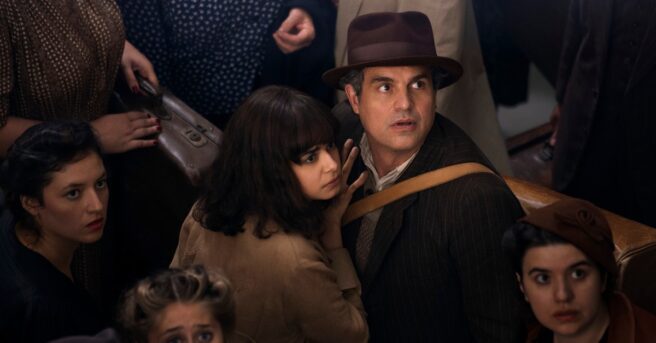





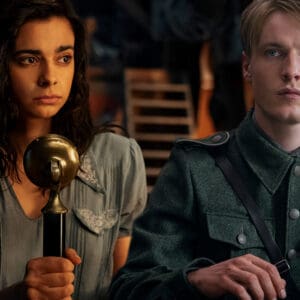
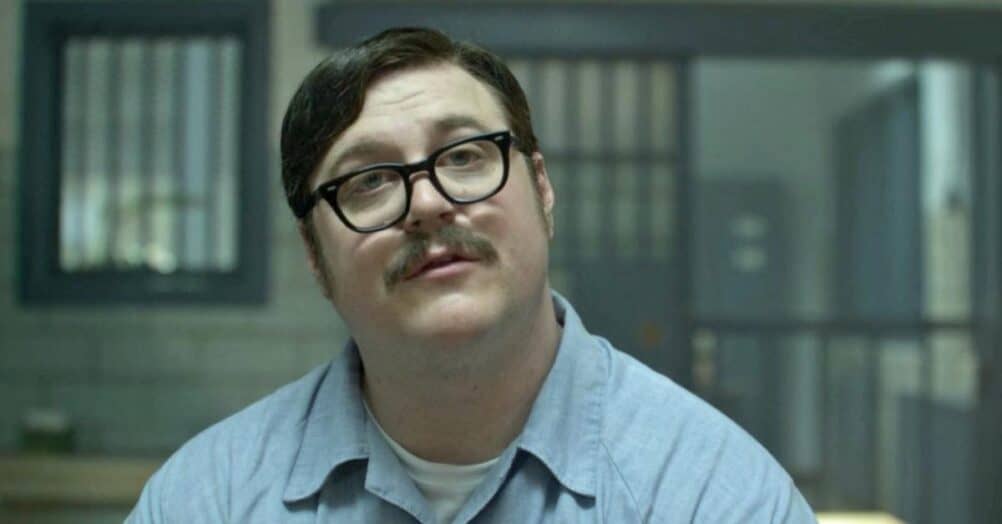


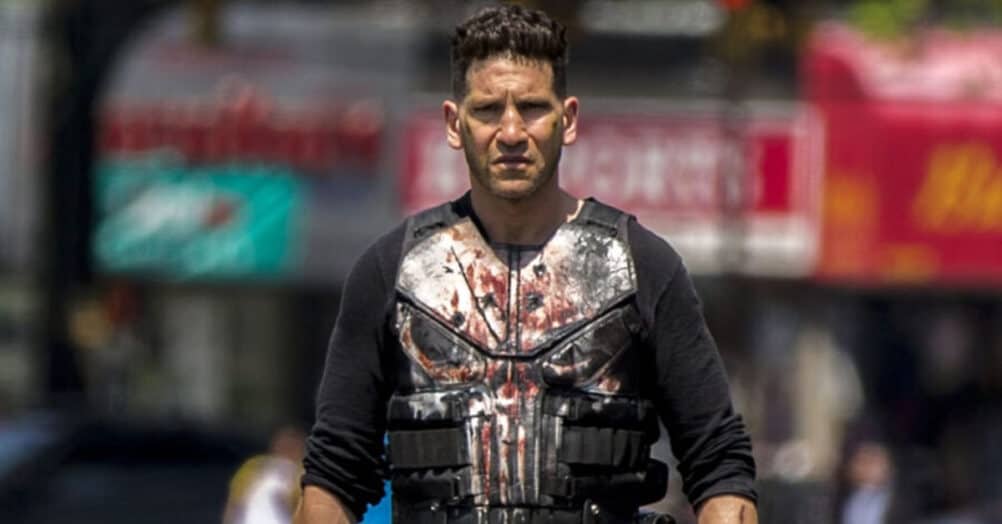


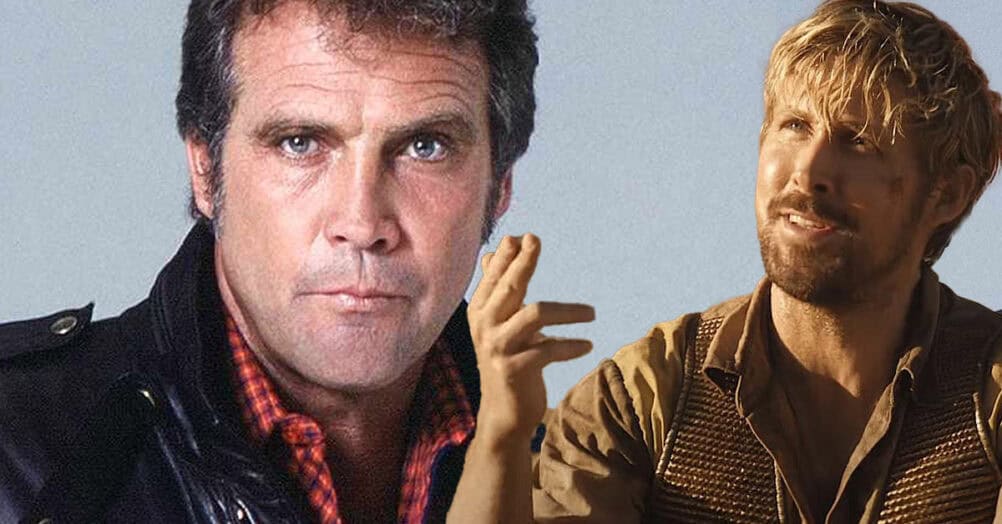




Follow the JOBLO MOVIE NETWORK
Follow us on YOUTUBE
Follow ARROW IN THE HEAD
Follow AITH on YOUTUBE